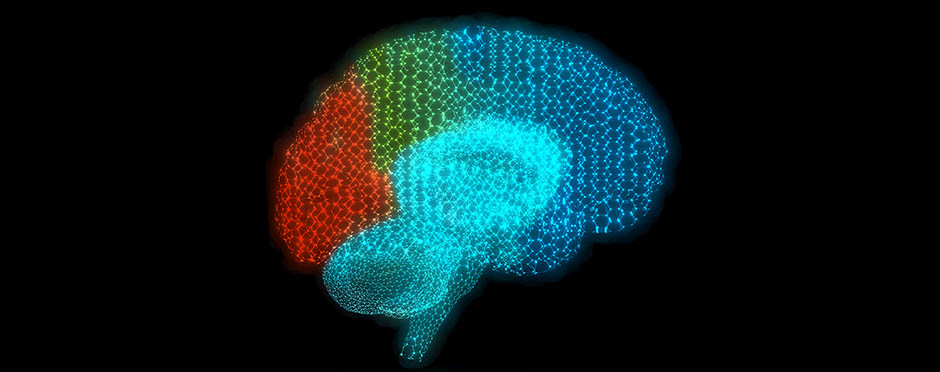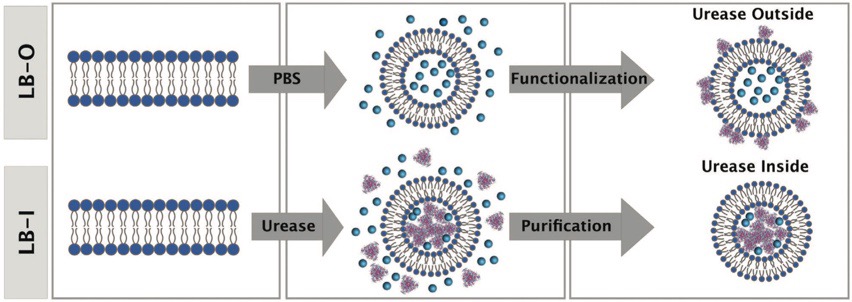Severo Ochoa Programme 2018-2022 Pillar 1: APPLICATION DOMAINS - HEALTH
Health-related research at the ICN2 sees innovative science and technologies developed from fundamental research to prototyping. It covers the development of smart nanomaterials and devices to: a) make the diagnostic process simpler, faster, less invasive and less costly; b) allow therapeutic approaches to be targeted and monitored more precisely.
Highlights
New applications of graphene-based neural technologies for brain implants
A graphene-based sensor able to record infra-slow activity in the brain has been developed.
High resolution, real-time measuring of brain activity can be performed thanks to a novel graphene-based sensing platform, which could be the gateway to unlocking a superior understanding of the brain.
New applications of graphene-based neural technologies for brain implants
INBRAIN Neuroelectronics, a spin-off of the ICN2 and ICREA, was established in 2019 with the mission to develop brain implants based on graphene technology for application in patients with epilepsy, Parkinson’s and other neuronal diseases.
Optical and electrochemical sensing
Relevant impact has been generated in the field of biosensing with the use of nanomaterials and technologies for optical and electrochemical sensing.
Fight against the COVID-19 pandemic
Efforts and resources have been dedicated to contributing to the fight against the COVID-19 pandemic a) by participating in scientific strategy b) by coordinating one of the first awarded EU projects (CONVAT) addressing this topic
Nanomotors for drug delivery
Novel delivery systems based on nanomotors with potential applications in nanotherapy have been developed
Nanomaterials for therapy
Progresses have been made in developing promising therapeutic applications of nanomaterials for diseases such as Alzheimer’s and diabetes
To ensure the relevance of research outcomes, the ICN2 promotes collaboration with the biotech and health sectors. The result of this strategy so far has been an increase in technology transfer actions, including spinoff creation and patent licence agreements. The objective is to build on this track record and earn recognition as a technology innovator in biomedicine, translational research and related fields.
The key research priorities established for the 2018-2022 period are the development of targeted nanodiagnostics and nanotherapies, as well as their combination under the concept of nanotheranostics.
Specific actions that will be taken to meet these objectives include: stimulating collaboration between basic research and clinical practice; organising two international workshops on personalised medicine; and hiring a technician to run the newly created ICN2 BioLab.
The ICN2 Severo Ochoa Programme and the Coronavirus Disease 2019
The ICN2 has reacted quickly to the new unpleasant situation created by the rapid spread of the COVID-19, an infectious disease caused by the SARS-CoV-2 coronavirus.
Its researchers and other personnel have reoriented their efforts towards mitigating the impact of this disease. Drawing on the extensive experience of the research groups working in the Health area, the ICN2 is now focusing on developing diagnostics technologies for the COVID-19 and possible future mutations of this dangerous virus. Thanks to the Severo Ochoa Programme, we have the capability to immediately redirect funds to support and foster research projects tackling this pressing societal challenge. Find more and updated information on the dedicated web section.
Prof. Laura Lechuga
Leader of the ICN2 Nanobiosensors and Bioanalytical Applications Group










